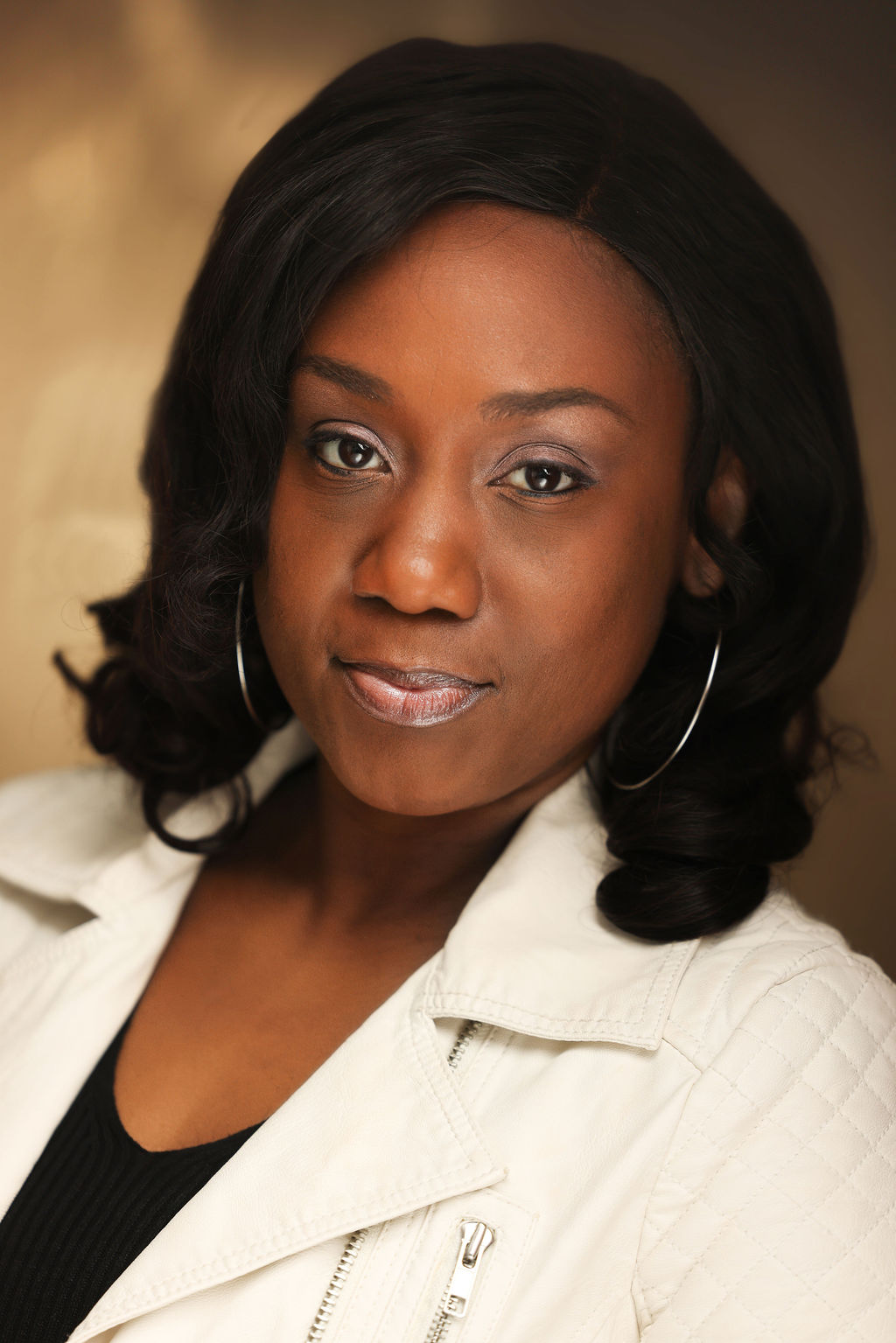We recently connected with Chinenye Egbuna Ikwuemesi and have shared our conversation below.
Chinenye, thanks for taking the time to share your stories with us today Let’s start with the story of your mission. What should we know?
The Story Behind My Mission: Reclaiming African Mythology
Unlike Greek, Norse, or even Hindu mythologies, African mythologies have been largely erased, dismissed, or distorted. Their influence has been obscured, their gods forgotten, and their narratives fractured by colonisation, slavery, and the global dominance of Western storytelling traditions.
Mythology is how civilisations explain themselves to the world. Every culture has its gods, its creation stories, its cosmic battles of good and evil. African myths are no different – they are powerful, resonant, and filled with wisdom. It’s more than just folklore – a lot of it is philosophical, protectionist and focused on environmental conservation. Myths that once taught ethics, justice, heroism, and love have been lost, making it easier for Africa’s contributions to civilisation to be ignored and harder for people of African descent to see themselves reflected in grand, timeless narratives.
Through my work, I want to reshape the way the world sees African mythology, not as an afterthought or footnote, but as a pillar of human storytelling, creativity, and civilisation itself.
WHY THIS MISSION IS MEANINGFUL FOR ME
It’s a deeply personal mission – about storytelling but also about justice – giving these mythologies the same weight and prestige as their European and Asian counterparts. It is about providing a foundation for new artistic expressions, new literature, and new ways for people to connect with the power of African spiritual and historical legacies.
For me, this is not just an academic pursuit or a creative project, it is a cultural reclamation. The absence of African mythologies in mainstream narratives is part of a larger pattern of historical erasure. When a people’s myths disappear, their legacy, their identity, and their worldview are diminished in the eyes of the world. I think this generalised absence and erasure of African stories is the cause of a lot of bad things in the world.
It is meaningful to me to be able to restore and celebrate these mythologies as historical artefacts and living, breathing stories that can inspire new generations. By uncovering, reinterpreting, and expanding on these lost myths, I am building the foundation for Afro-Romanticism and Afro-Fantasy, genres that centre African gods, heroes, and spiritual traditions in ways that honour their depth and complexity. Through Afrodeities™ and Afromantasy™, I will bridge the gap between ancient African cosmologies and modern audiences, offering a platform where African spiritual traditions, folklore, and legends can flourish in a global and contemporary storytelling space.
My hope is that this will pave the way for more African-centered storytelling in publishing, film, and media, opening doors for more African writers, artists, and thinkers to shape narratives that have long been sidelined. Afromantasy™ is based on the idea that diverse fantasy is not just possible, it’s necessary in a world where representation is key.
It’s transformative. And overdue.
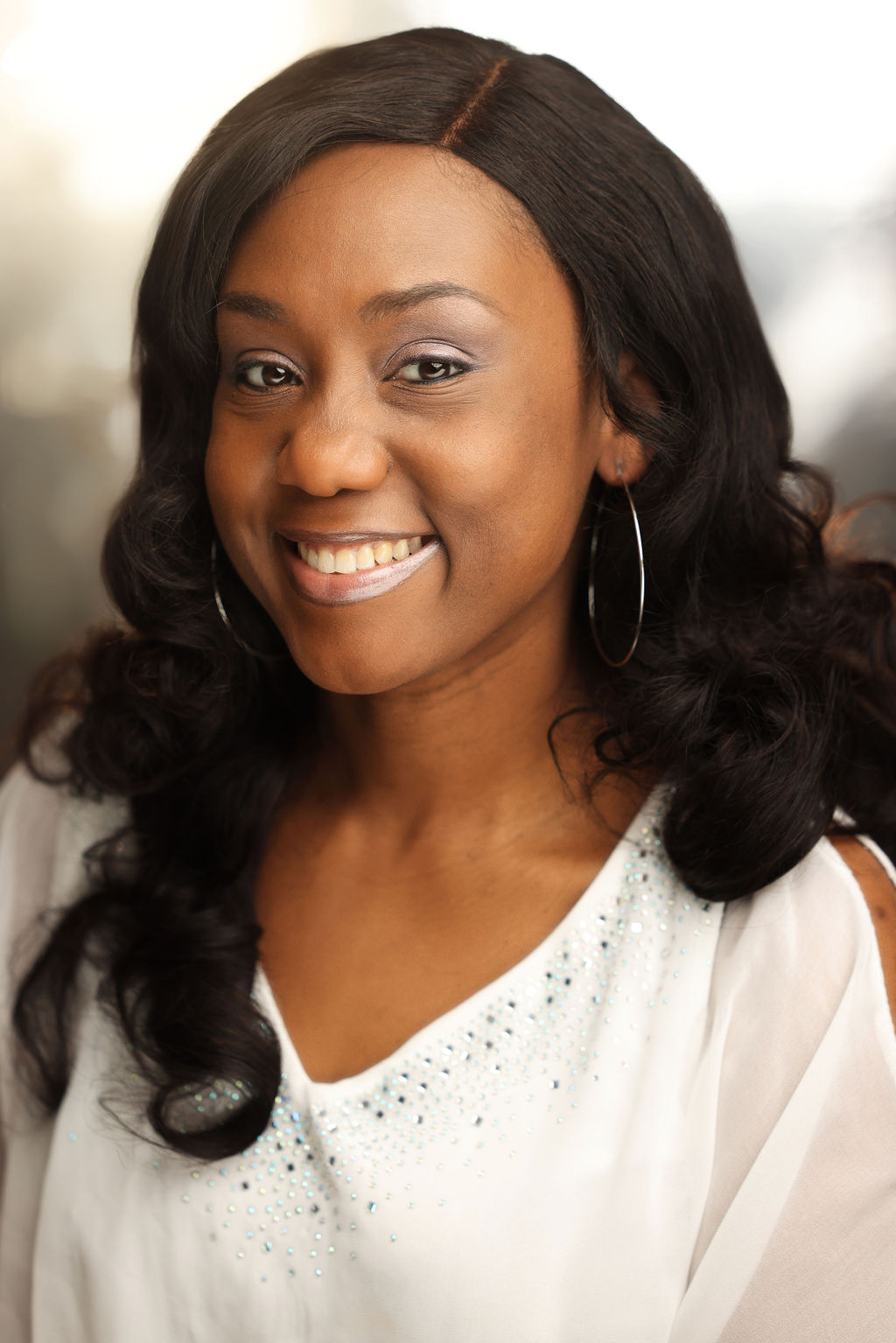
Chinenye, love having you share your insights with us. Before we ask you more questions, maybe you can take a moment to introduce yourself to our readers who might have missed our earlier conversations?
I am a technologist, entrepreneur, and creative, bringing all the facets of my experience into my work as an author and the founder of Afrodeities™. My career has been delivering transformative technology for banking, finance, and insurance that helps industries operate more effectively. But I have always been drawn to storytelling, creativity, and the power of culture.
I have a creative background, having been a lead vocalist and songwriter in my youth, and that artistic foundation shapes how I approach my work today. I believe technology and creativity are not separate worlds; they are interconnected forces that can amplify, preserve, and innovate culture.
I have always written in some way, but when I sat down to write about the unknown innovations of people of African descent, it hit me that the theme of erasure runs deep and that if I wanted to tackle that, I needed to start at the beginning, at the roots of that erasure and obscuration.
That decision led me down a path of not just the African Mythology Series, with several of the books in various stages of conceptualisation, development or draft, but also to the creation of fantasy fiction purely driven by the landscape, myths and history of Africa. Once you establish the myths and the deities therein, the stories almost form on their own! That’s how the genre Afromantasy™ was born, and I believe this is how Greek and Norse mythology would have developed and the canon expanded, and African mythology has never really received the oxygen to get there.
My first book, Nigerian Mythology, is the inaugural volume in a series exploring African Mythology. ‘The Book of Bakongo’, ‘The Songs of the Songhai’, ‘The Spirits of Senegambia’ and ‘The Dancers of Dahomey’, are just a few of the books that will follow in this series.
African Mythology is more than just folklore, it is the foundation of entire civilisations, shaping moral codes, social structures, and even legal traditions long before written records captured the histories of other cultures.
The first book I am working on in the Afromantasy™ series is called FABLE and it tells fantastical stories based on stories we may not realise have their roots in Africa. I am also writing Strife Poetry including titles like ‘Voices From the Middle Passage’ that just help tell the stories from different angles. ‘The Shadow of Leopold’, a reimagining of the DRC’s history, helps to establish the link between Afrodeities™, where the history lives and Afromantasy™, where it is activated, to review history through a fantastical as well as historical lens.
Afrodeities™ is a groundbreaking mission to reclaim, reimagine, and elevate African mythology, history, and storytelling in the modern age to empower, educate and entertain.
Through AI-powered tools, digital publishing automation, and AI-driven world-building, I bring together technology, storytelling, and cultural scholarship to build something innovative and lasting—an expansive ecosystem where African myths, legends, and spiritual traditions are celebrated, expanded, and made globally accessible.
While Afrodeities™ represents the scholarly deep dive into African deities, ancestral wisdom, and cultural knowledge, Afromantasy™ is the expansive, creative extension where myth meets imagination, creating a new genre of speculative fiction that is rooted in African heritage yet limitless in its possibilities.
1. For Africans, African Diaspora & Black Audiences:
Nothing like this seems to be out there and I am throwing myself into it because the necessity of it is clear once one stops to think about it. There is a massive gap that creates a monumental disconnect between the conceptualisation of Africans and Black people, both by ourselves and by others.
-Our identity is impacted, our history misaligned, and tenets of achievements by diasporic Africans and contributions are misattributed, maligned, reduced or outright unrecognised.Our sense of what we have done and can do may be limited by this. African Mythology is part of African history, providing a sense of identity, connection, and belonging in a world where much of this history has been fragmented or lost.
– Starting with ‘Nigerian Mythology: The Shadow Sky’, which is not merely a compendium of gods and goddesses but also an exploration of the prevailing cultures of the Igbo, Yoruba and Efik, I have utilised AI to generate images with a range of visual signatures based on the personalities and mien that I have imagined for each deity. As far as I know, this book and the books that will come after it, ‘The Shadow Realms’ and ‘The Shadow Forge’, will be the first time this has been done.
– These books will create a space where African gods, spirits, and myths are treated with reverence, not as curiosities but as cultural anchors. They can help redefine how African spirituality is represented in media and literature, offering alternative narratives to mainstream religious structures.
2 .For Fantasy & Mythology Enthusiasts:
– It will introduce them to a new realm of mythology and speculative fiction, breaking the cycle of Eurocentric fantasy and expand what fantasy can be, showing that epic tales of gods, monsters, and heroes exist beyond the familiar Western canon, once I can get everything in my head out on paper!
But even before, everything I create – non-fiction, poetry, fiction, AI-driven renditions of deities – is a piece in the jigsaw puzzle that advances this vision, and I have the patience and determination to keep doing the work; sharing and conjuring those worlds that will build the genre I envision.
– It challenges mainstream fantasy structures by infusing them with African cosmology, symbolism, and philosophy.
3. For the Literary & Creative Industry:
– I hope it paves the way for more African-centred storytelling in publishing, film, and media, but the stories of African myths are so intriguing and so layered that I have no doubt that they will spark imaginations.
– It opens doors for more African writers, artists, and thinkers to shape narratives that have long been sidelined or writers who want to write about African myths.
-It shows that diverse fantasy is not just possible, it is necessary in a world where representation is fundamental.
In this way, I feel that this work and the mission behind it is meaningful for everyone and gives significance and weight to stories that ground African history.
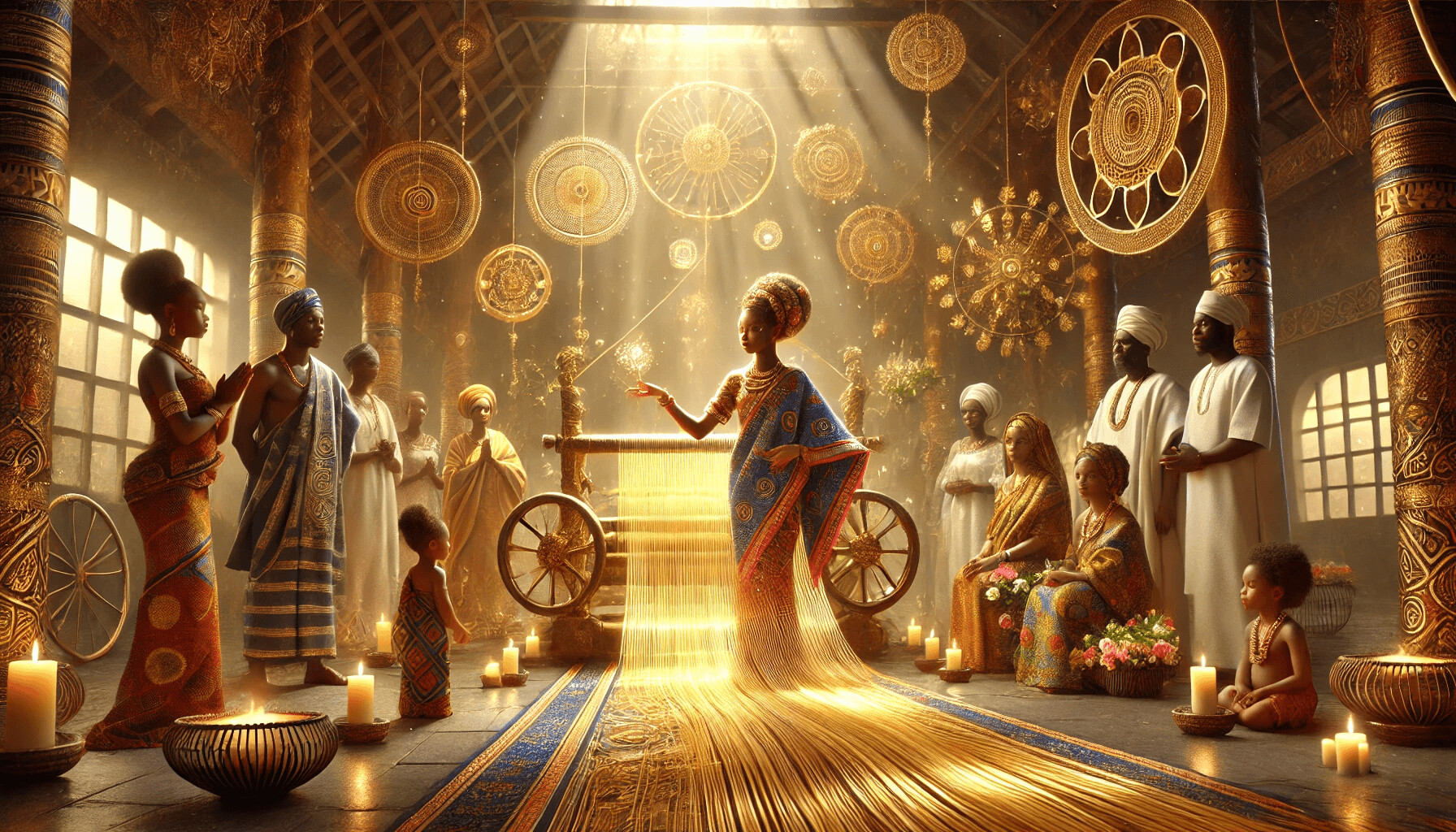
Do you have multiple revenue streams – if so, can you talk to us about those streams and how your developed them?
Absolutely. At the heart of Afrodeities™ and Afro-Mantasy™ is the belief that storytelling isn’t just about books—it’s about building entire immersive worlds. My approach goes beyond a single medium and I am creating a multi-platform ecosystem where mythology, history, fiction, and technology all intersect.
For example, Afrodeities™ is a deep dive into African mythology—restoring, reclaiming, and reimagining the epic stories, gods, and legends that colonialism erased or distorted. But I am not stopping at written texts. I am working to bring these myths to life across:
🔹 Podcasts – Exploring the drama, power struggles, and unseen connections between deities, history, and the modern world.
🔹 YouTube & Video Content – Visual storytelling that takes audiences into the lost cities of African myth, the naval explorations of the Songhai empire, or the untold histories of sacred spiritual practices. I want viewers to see, hear, and experience African history and myth.
🔹 Fiction & Non-Fiction – My books bridge genres. Some explore mythology and historical scholarship, while others dive into fantasy, Afrofuturism, and the birth of a new genre I have named Afromantasy™—a vision of African speculative fiction that draws from real mythologies rather than reinventing them.
🔹 Poetry & Oral Traditions – I will weave poetry into the storytelling, reclaiming the tradition of spoken-word griots who carried history through verse. This is particularly powerful in our explorations of the transatlantic journey and the spirits that have watched over the African diaspora for centuries.
🔹Art – The decision to render these deities and the work that went into defining each deity has given rise to quite intriguing images which I will edit and share some of, beyond the books.
Ultimately, this is more than just selling books. It’s about reclaiming history and reshaping the way people engage with African narratives, built for people who love mythology, history, art and immersive storytelling. It’s being creative every way I can and with every tool at my disposal.
This is exciting to be building. Everyday, along with a litter of new ideas that assail me asleep or upon waking, I am dreaming up new ways to field the stories of these deities and the ideas they inspire. By building this multi-platform experience, I want to ensure that these stories are not just read, but lived, heard, and felt in entirely new ways by anyone at all who might want to know.
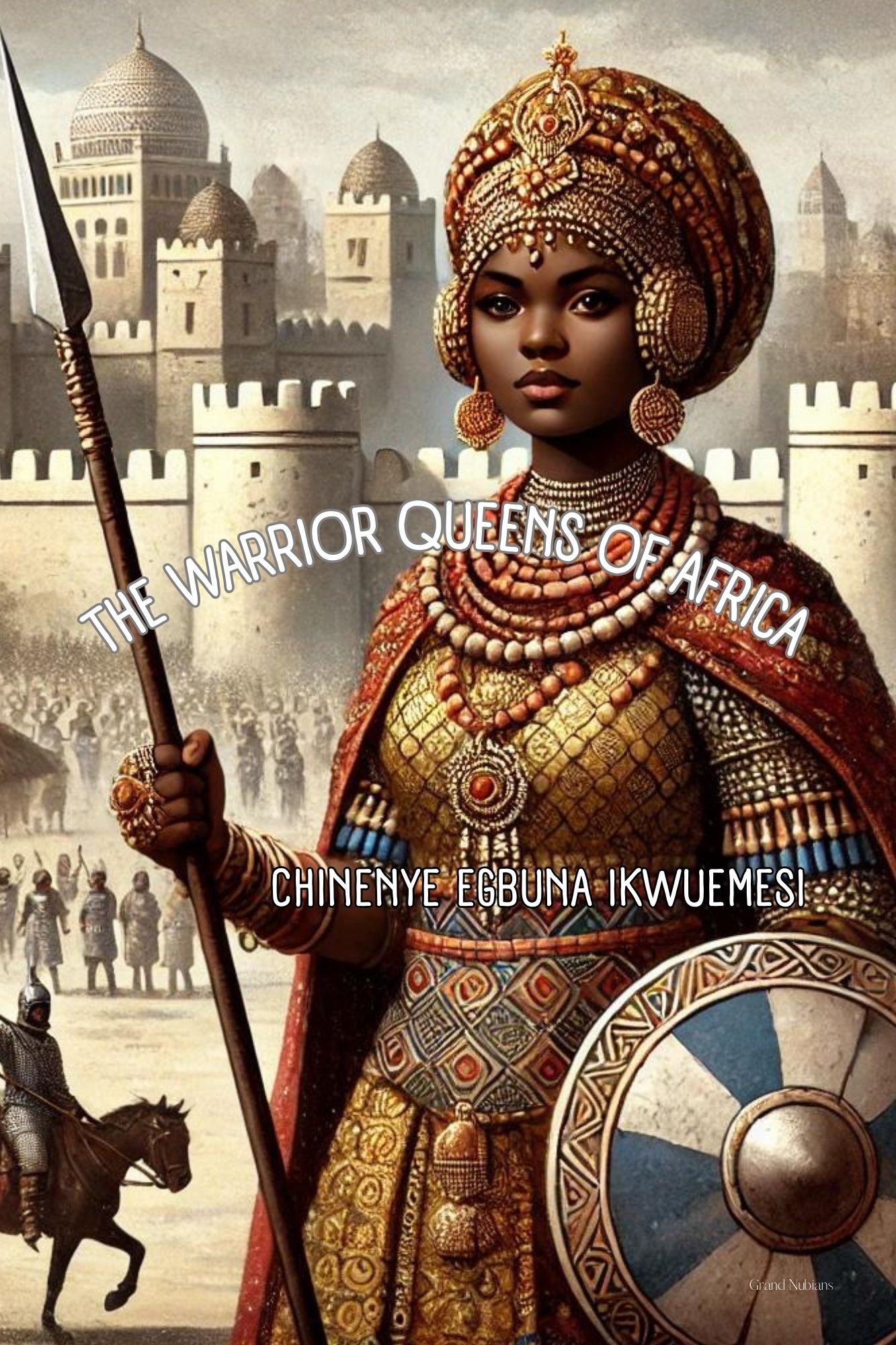
Is there something you think non-creatives will struggle to understand about your journey as a creative?
Many people assume that being a creator is just about having talent, sitting down, and making stuff up. But the truth is, serious creative work, especially when dealing with mythology, history, or culture is just as much research, discipline, and analysis as it is inspiration.
I don’ t just ‘imagine things’; I excavate them. I spend hours, days, and even months studying oral traditions lost histories and buried cultural nuances to reclaim and reframe narratives that have been overlooked, erased, or misunderstood.
Then there’s the challenge of authenticity. If I am writing about African mythology, I have to navigate centuries of misrepresentation, colonial distortions, and pop culture oversimplifications, my own assumptions, biases and miseducation. It’s not just storytelling, it’s s restoration.
Non-creatives often don’t see this side of it. They see the finished book, the final podcast, and the viral post, but they don’t see the struggle of balancing cultural responsibility with creative freedom or the hours of refining a single line to honour the past while speaking to the present.
As much as inspiration, there is frustration. The valley of pain, impatience and stress as I navigate from not knowing something, establishing what I need to know, learning it and applying it is the essence of graft, the essence of scholarship, and given the arena in which I have chosen to create, you do need to know in order to mould, you need to internalise in other to advance a thing, so it is unavoidable.
For me, creativity is about more than just passion, especially in this restoration project. African mythology has been vastly reduced for centuries, and being able to reclaim and retell these stories in a way that honours their depth, complexity, and beauty is incredibly fulfilling, but a lot of creative work calls for deep research, cultural sensitivity, and historical awareness. To create fantasy worlds, you first must unearth lost knowledge and present it in a way that resonates with both those who have always known these stories and those who are discovering them for the first time.
The magic of creation is that it connects worlds. It bridges generations, geographies, and even the visible and invisible, but that’s a tremendous amount of work. It’s also something that I think of as ‘reflowable’ – the ideas from the history or analyses flow into every available space in your mind your brain and your heart. New ideas calling you are always more compelling than the work of implementing a previous idea in which you are currently engaged. The discipline and sacrifice required to maintain the rigour and focus is something I think non-creatives would really struggle to grasp.
Creators are called to create, but we spend an awful of time not ‘weaving but ironing’! Ironing out kinks, making the ideas sing, not just weaving the stories or the worlds.
It is rewarding, though. I have just begun the Tik Tok and Instagram journies for Afrodeities™ and when someone says ‘I never knew all this! I need to know more, it robustly reminds me why I started this, and that this is just the beginning. It will all be worth it, I believe.
Through fiction, poetry, history, and visual storytelling, I am building a space where African mythology and history are not just preserved but celebrated and elevated.
At its core, this journey is about agency and ownership and not waiting for others to tell our stories, but taking the initiative to tell them ourselves, in our voices, and on our terms. It does not take a creative to see that a punt on that, is worth the sleepless nights.
Contact Info:
- Website: https://www.afrodeities.org
- Instagram: @afrodeities1
- Linkedin: https://www.linkedin.com/feed/
- Twitter: @ShadowDeities
- Youtube: @TheAfrodeities
- Other:
The Afrodeities NLM Podcast – launches 14th of March
TikTok: @afrodeities
@Theafrodeities.bsky.social
www.afromantasy.org – coming soon
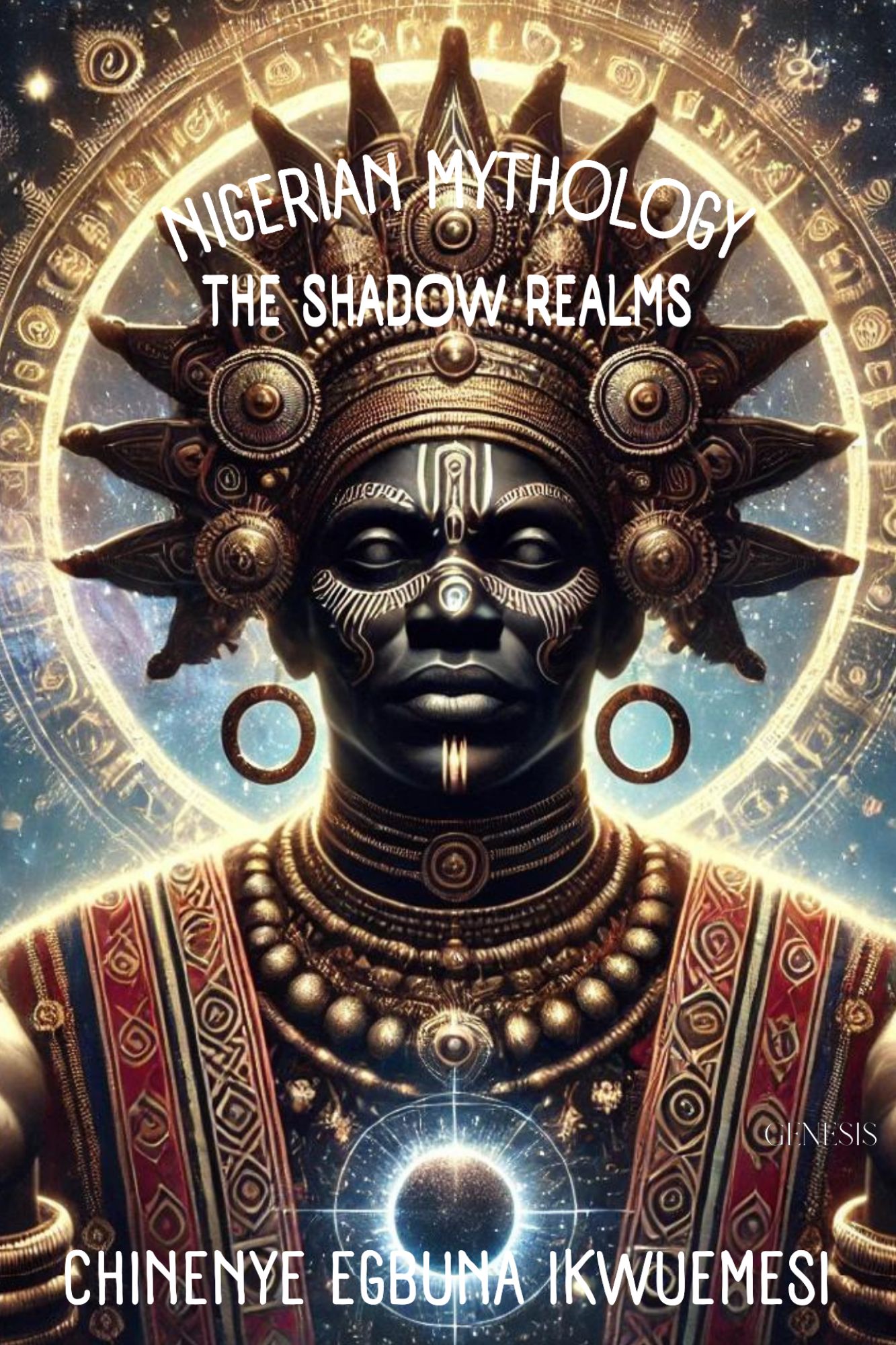

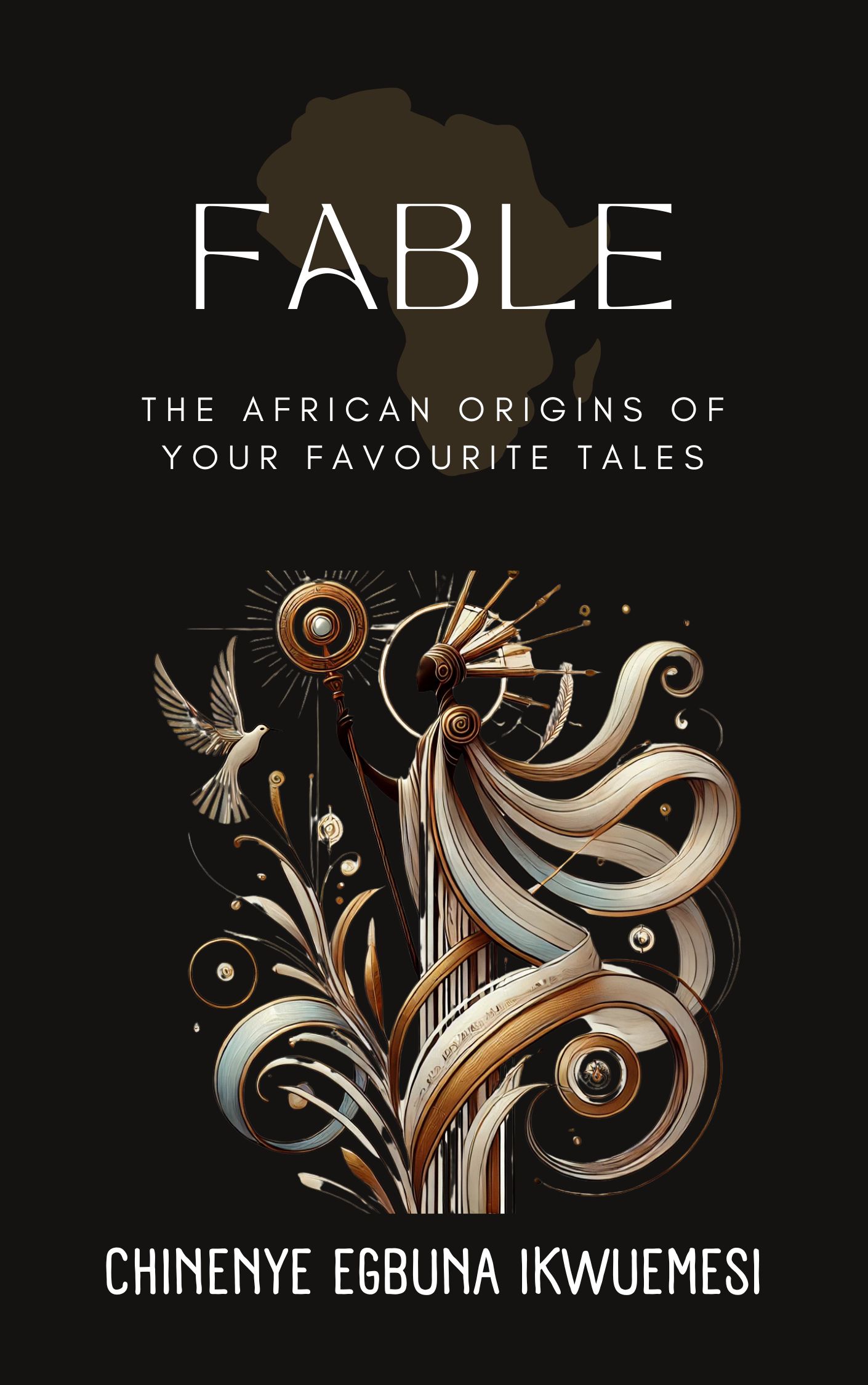
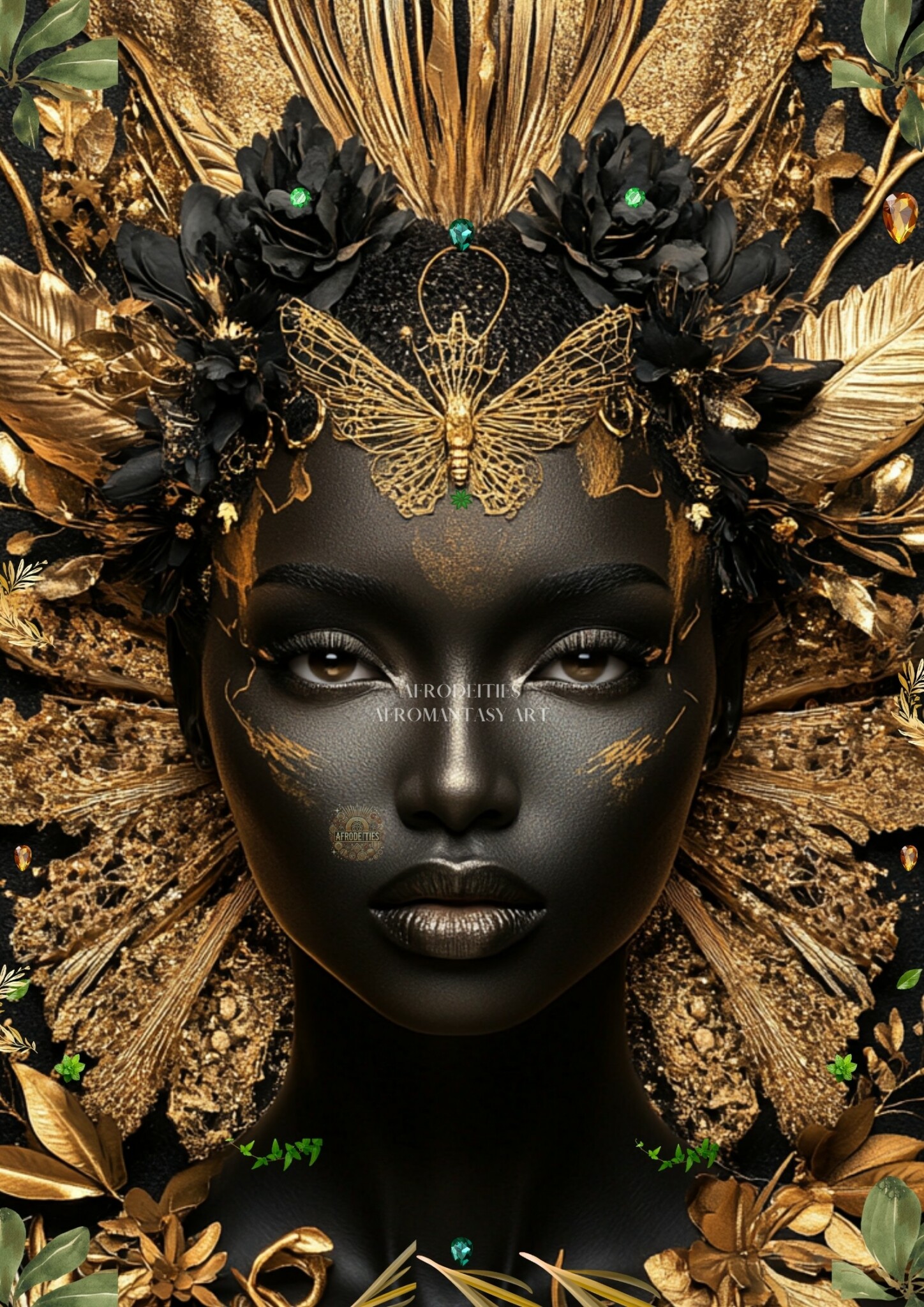
Image Credits
Chinenye Egbuna Ikwuemesi


